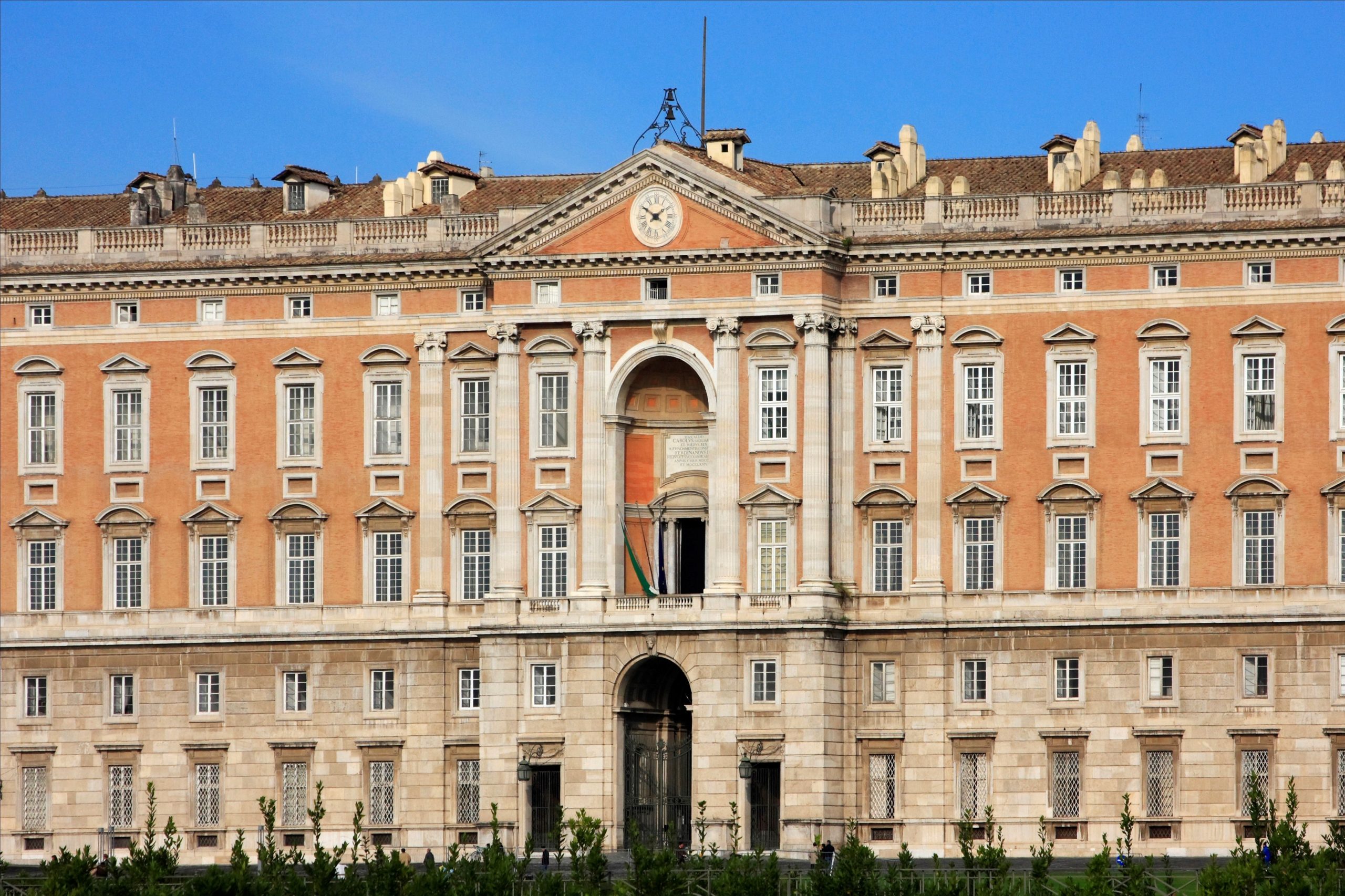
Mauro Felicori, the recently-appointed director of Italy’s Royal Palace of Caserta, has been scolded by workers’ unions, but not due to accusations of corruption or mismanagement, but because they claim he “works too hard.”
Unions sent a letter to the culture Minister, Dario Franceschini, to complain that Felicori stays in his office until well into the evening, and sometimes even works weekends.
According to the letter, obtained by the Italian newspaper Corriere di Bologna, the unions think that Felicori’s hard-working behavior “puts the whole structure at risk.”
The government of Matteo Renzi’s appointed Felicori just over five months ago to revitalize the magnificent Baroque palace of the Bourbon kings of Naples in Caserta, known by many as the “Italian Versailles.”
An interior in Italy’s Royal Palace of Caserta. Photo by Giuseppe Masci/AGF/Universal Images Group via Getty Images.
One of his main tasks is to bolster visits to the 18th century site, which, like many of the country’s superb heritage sites, had suffered years of mismanagement and neglect.
The Prime Minister has been swift to defend and praise Felicori’s zealous work ethics, taking to Facebook to describe the unions’ accusations as “ridiculous:”
“This director works too much, it’s not good.” […] The accusation seems ridiculous, and in fact it is. The fun is over! […] The Royal Palace of Caserta is a wonderful place, just an hour’s train ride from Rome. The director Felicori has a clear mandate: to re-launch it. And we are with him. In February 2016 the number of visitors has increased by 70 percent compared to February 2015, and revenue has increased by 105 percent.
Meanwhile, the general secretary of Italy’s biggest union CGIL, Susanna Camusso, took to social media to distance herself from those who complained about Felicori, tweeting: “Yes! Mistakes can happen, but when one makes a mistake, it must be acknowledged, and those unions made a mistake.”
Since his appointment in the summer of 2014, Franceschini has implemented a suite of reforms to the department of cultural heritage and its subsidiaries across the country. In addition to appointing 20 new museum directors in August 2015, including an unprecedented number of foreigners, his plan was to cut down on thick layers of bureaucracy, which experts say have hobbled the growth of the cultural sector in the country for years. A hardworking director certainly sits well with such ambitions.